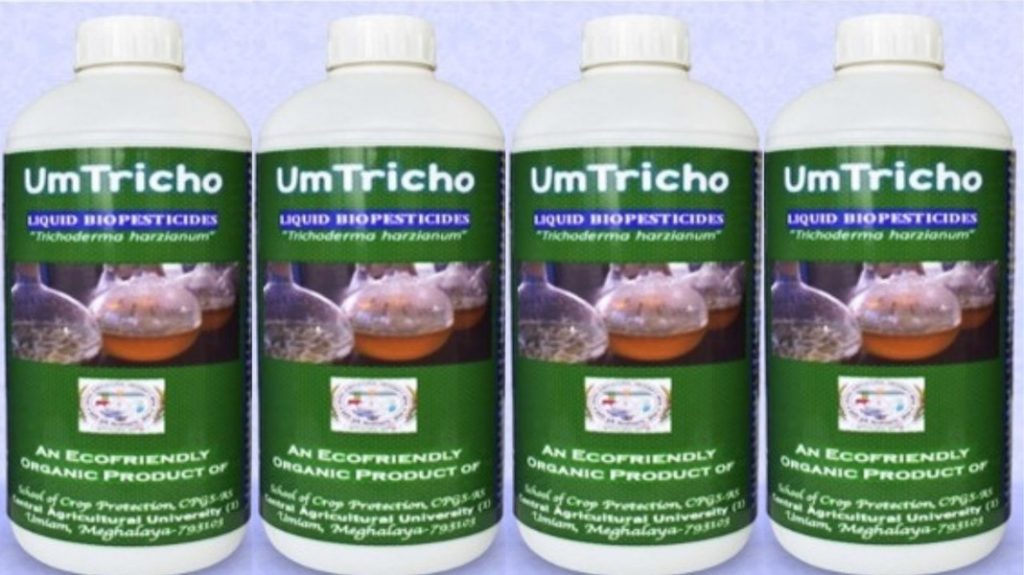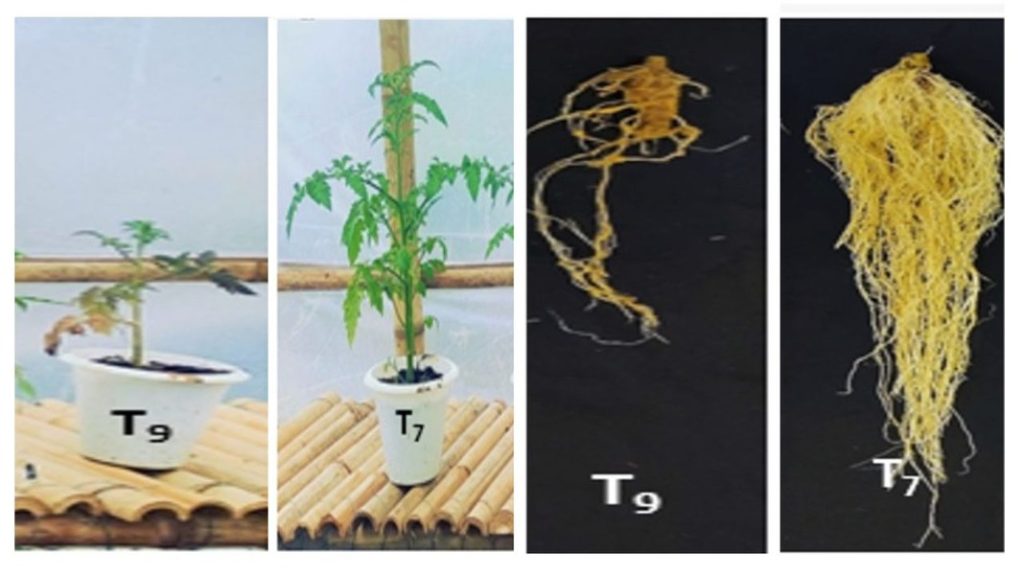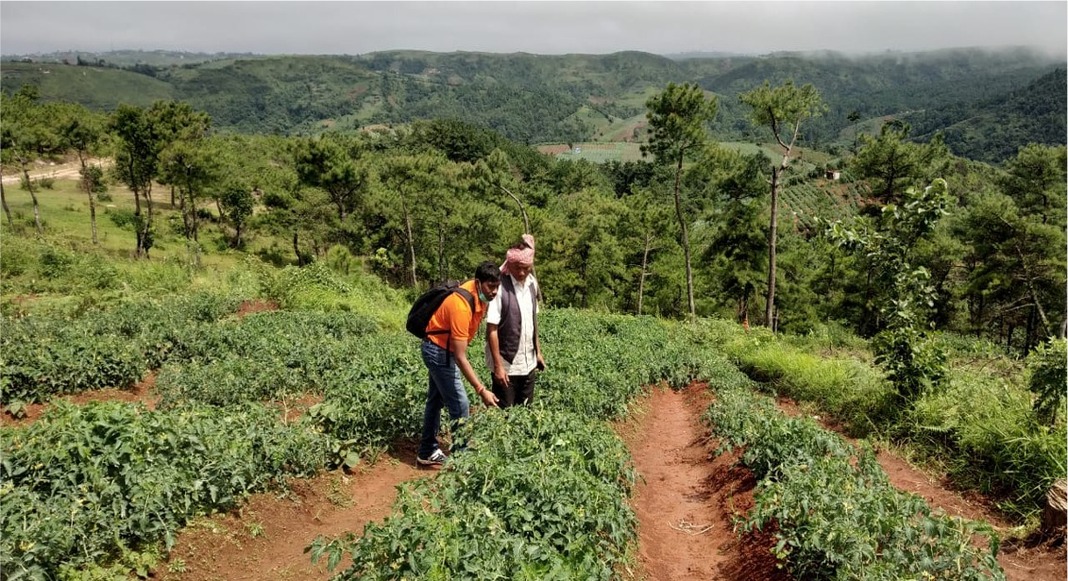ROOPAK GOSWAMI
Shillong, Jan 5: Tomato farming in Meghalaya, a region celebrated for its lush landscapes and traditional agricultural practices, has long been under siege by the devastating root-knot nematodes (Meloidogyne spp.). These pests, notorious for their worldwide impact on crop yields, pose a significant threat to farmers’ livelihoods. A newly published study in Scientific Reports unveils eco-friendly and sustainable solutions that could revolutionize tomato cultivation in the region.
Tomatoes, a crucial commercial crop for Meghalaya, are particularly vulnerable to root-knot nematodes, which attack the plant’s root system and reduce yields by as much as 30%. Umsning block in Nongpoh is a hotspot for tomato cultivation, contributing significantly to farmers’ incomes. The crop’s importance has grown further with its expansion into high-altitude areas like the East Khasi Hills district, where off-season cultivation offers high returns. However, monocropping practices involving host crops such as cabbage and cauliflower have exacerbated nematode infestations. On a national scale, root-knot nematodes are responsible for INR 102 billion (USD 1.58 billion) in annual crop losses, underlining the urgency for effective management strategies.
In Meghalaya, where shifting (jhum) cultivation remains common, soil health is critical for agricultural sustainability. While effective, chemical nematicides can degrade soil quality and harm the environment, making sustainable alternatives essential.
Researchers from the Central Agricultural University (CAU), Imphal, Manipur and the Indian Agricultural Research Institute (IARI), New Delhi, conducted a study to find sustainable solutions which can help tomato cultivation in Meghalaya. The trials were carried out in a controlled greenhouse environment at the Nematology Experimental Field of the School of Crop Protection, CPGS-AS, Umiam, Meghalaya.

Promising Results from Botanicals and Biocontrol Agents
The study evaluated botanicals like neem oil and lemongrass oil alongside biocontrol agents such as Trichoderma harzianum, Pochonia chlamydosporia, and Purpuricillium lilacinum.
• Lemongrass oil (0.2%)emerged as the most effective botanical, achieving a nematode juvenile mortality rate of 99.44% within 48 hours and reducing root penetration by 95.58%.
• Biocontrol Agents like Pochonia chlamydospores and Purpuricillium platinum inhibited egg hatching rates to below 12%, while Trichoderma harzianum significantly boosted plant growth and resistance.
• Tomato plants in treated plots saw shoot lengths increase to 63.37 cm—over 30% more than untreated plants.
The integrated use of neem oil, lemongrass oil, and biocontrol agents achieved near-zero nematode reproduction factors, a significant finding of the study. This approach outperformed even chemical nematicides, such as Bayer Velum Prime®, while preserving soil health and avoiding environmental damage.

A Model for Sustainable Agriculture
The success of this integrated strategy offers a replicable model for other regions grappling with similar agricultural challenges. By leveraging locally available resources like neem and lemongrass oils and fostering microbial biodiversity, this method supports global sustainability goals while safeguarding farmer incomes.
For Meghalaya’s tomato farmers, the study represents a pivotal step towards sustainable and resilient agricultural practices, blending scientific innovation with traditional wisdom for long-term benefits.




